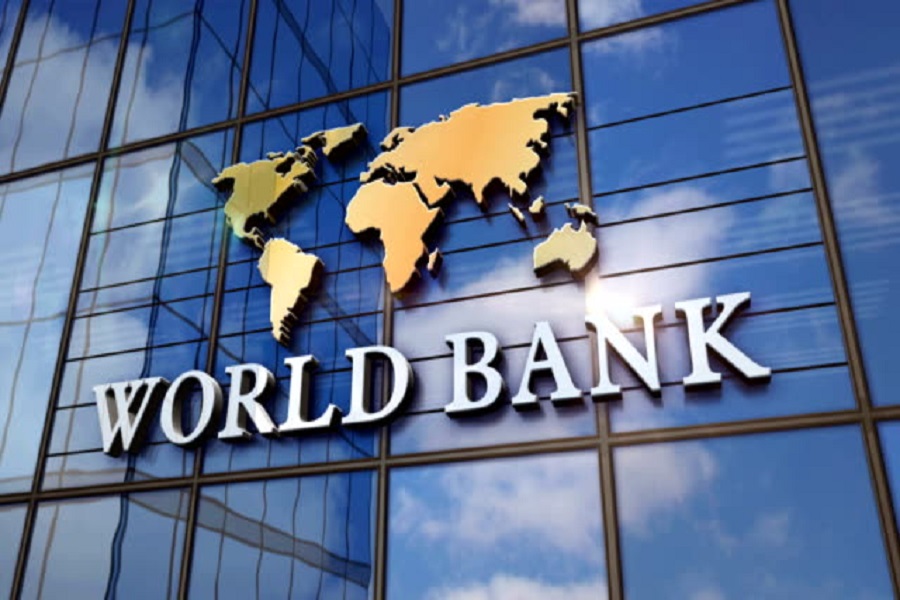The recent exchange of attacks between Israel and Iran, including an attack on Iran’s embassy in Damascus and subsequent retaliatory strikes, has intensified long-standing fears of a broader conflict drawing in regional and global powers. This geopolitical volatility has policymakers and businesses in Africa on high alert, as they anticipate potential consequences on their economies.
The conflict in Gaza has sparked a chain reaction of tensions across various fronts, potentially destabilizing the entire Middle East further. From escalating confrontations in Lebanon’s south to Houthi attacks in the Red Sea, and growing friction between Iran and Pakistan, along with Sudan’s intensifying conflict and Jordan’s struggles with drug smugglers in Syria, the security landscape is fraught with challenges. Attacks on US forces in Iraq and Syria, coupled with simmering sectarian tensions, underscore the gravity of the situation, signaling the potential for a wider conflict with repercussions beyond the region.
The ongoing Hamas-Israel conflict presents a delicate scenario for regional stability. While global attention remains fixated on this conflict, it’s equally vital to recognize its evolving implications. Hamas appears to seek a public relations victory rather than a military one, setting the stage for complex alliances and rivalries that could escalate into a broader confrontation involving Iran. Iran’s history of leveraging regional conflicts to advance its interests suggests that the Gaza conflict serves as a mere backdrop to its larger ambitions. Proxy confrontations across the Middle East, from Lebanon to Yemen, show Iran’s broader agenda and the risks it poses to regional stability.
The Middle East is a major oil-producing region, with countries such as Iran, Iraq, Saudi Arabia, and the United Arab Emirates among the world’s largest oil exporters. The current disruptions to oil production and transportation in the Middle East due to conflict, geopolitical tensions, etc affect global oil prices and are threatening to trigger a global recession.
For Africa, which includes both oil-producing countries and those reliant on oil imports, fluctuations in oil prices have wide-ranging economic consequences. Oil-exporting countries in Africa see their revenues rise and fall, negatively impacting government budgets and investment plans. Meanwhile, oil-importing countries may face higher energy costs, inflationary pressures, and challenges to their balance of payments.
The unfolding situation presents two distinct scenarios with varying repercussions for Africa’s oil markets. The first scenario entails a full escalation of hostilities between Iran and Israel, a prospect favored by Israeli Prime Minister Benjamin Netanyahu. The closure of critical shipping routes, such as the Strait of Hormuz, due to geopolitical tensions or conflict in the Middle East, is disrupting oil shipments and contributing to supply shortages, further exacerbating price volatility.
Regardless of the scenario that unfolds, the impact on Africa’s oil prices is inevitable. In the event of a sustained escalation, heightened risk aversion and market volatility would likely drive investors towards safe-haven assets, leading to a strengthening of the US dollar and a weakening of African currencies. This geopolitical risk premium would increase the cost of international borrowing for African nations, constraining fiscal flexibility and exacerbating economic challenges.
Disruptions in oil shipments through critical maritime routes would contribute to supply constraints and upward pressure on oil prices. While this may benefit oil-exporting African countries such as Angola, Gabon, and Nigeria in the short term, the knock-on effects on energy markets, shipping routes, and supply chains could translate into higher fuel costs for consumers, exacerbating inflationary pressures and stifling economic growth.
While Africa may not be directly involved in the geopolitical tensions in the Middle East, the interconnected nature of the global oil market means that any disturbances in major oil-producing regions can have ripple effects on oil prices and economic stability across the continent.
In light of these challenges, African policymakers face the daunting task of energy geopolitics and strategic diplomacy to safeguard their economies. In managing such complex dynamics, there is a pressing need for the mitigation of the impact of escalating tensions.


